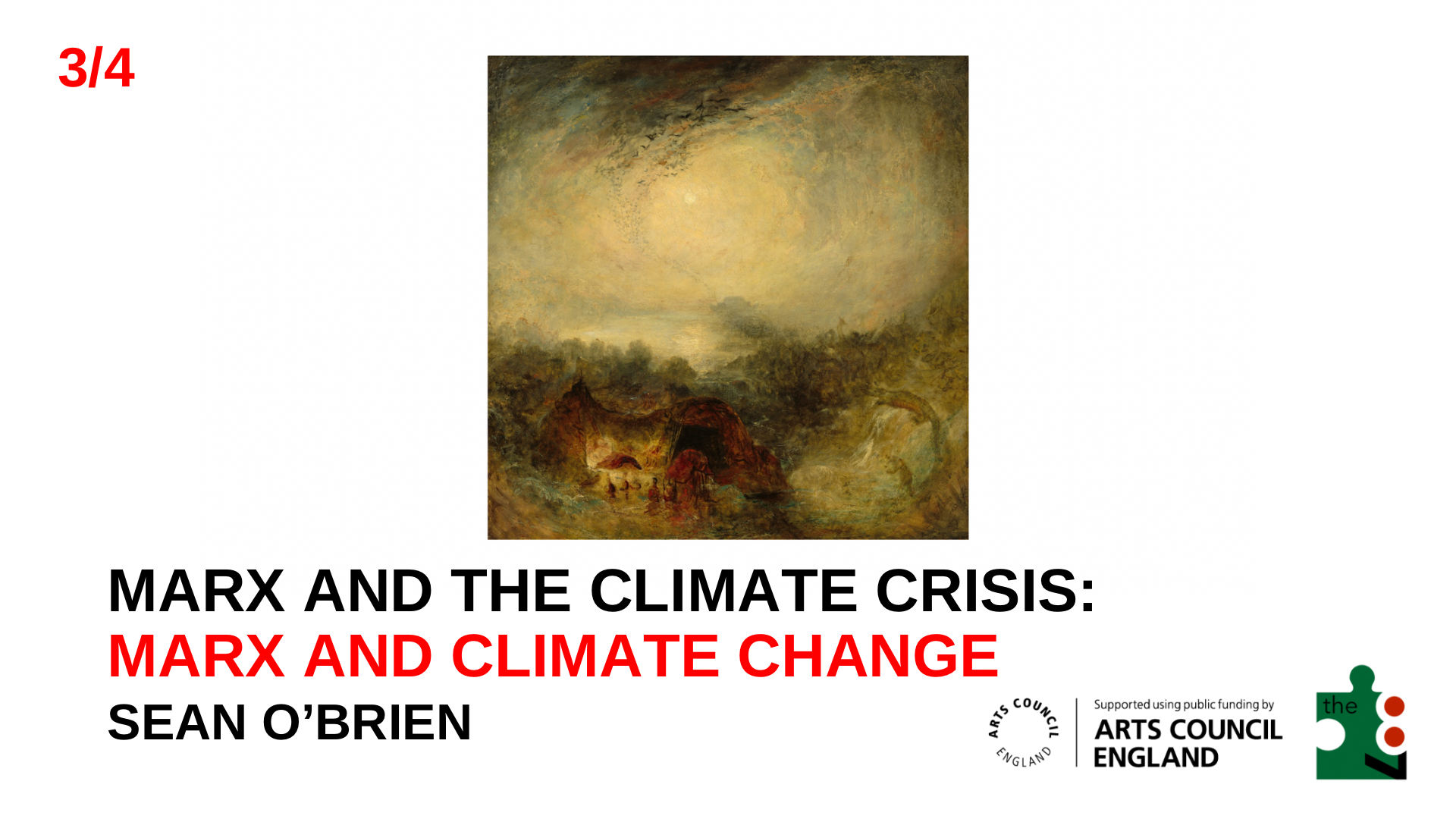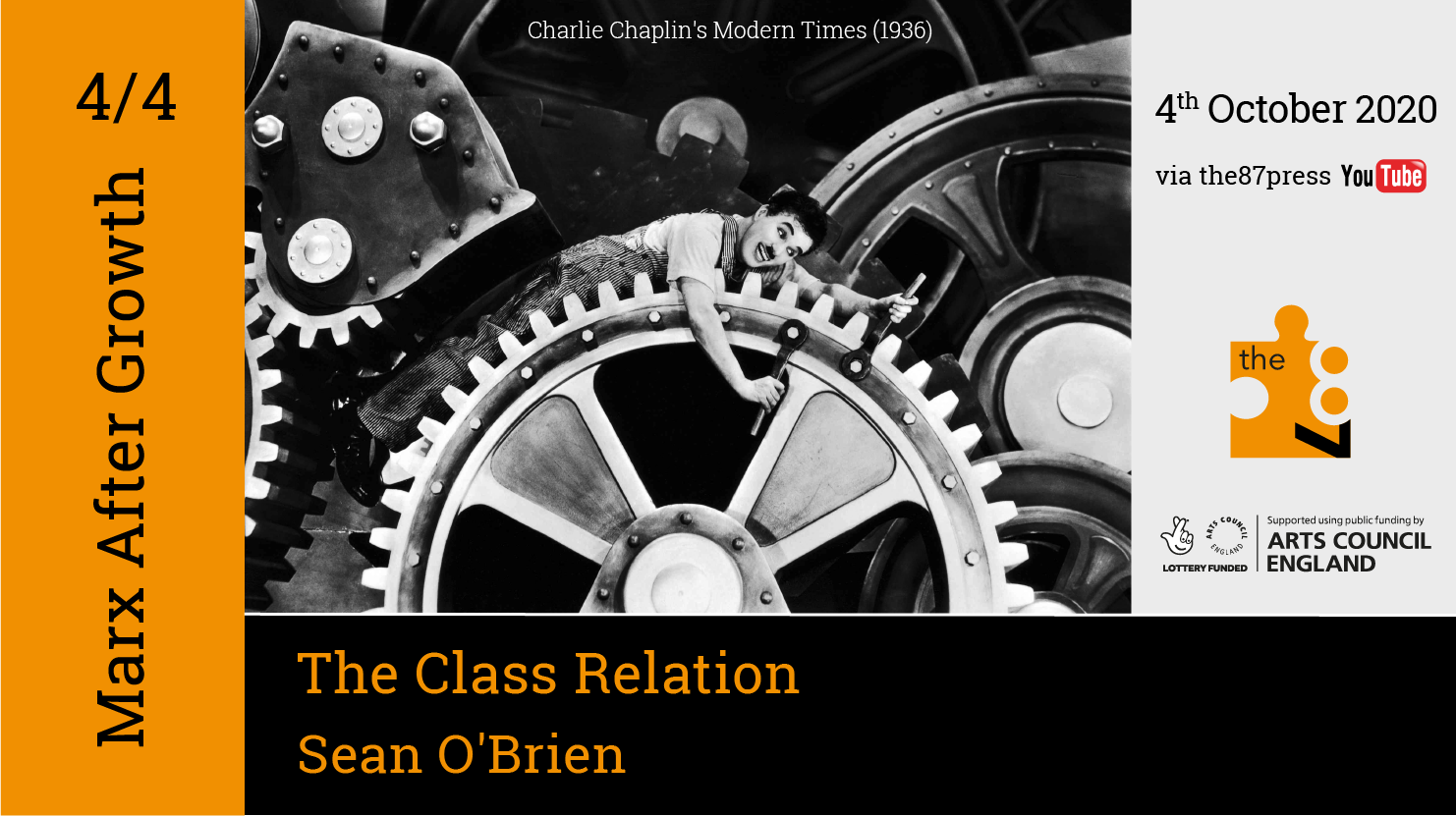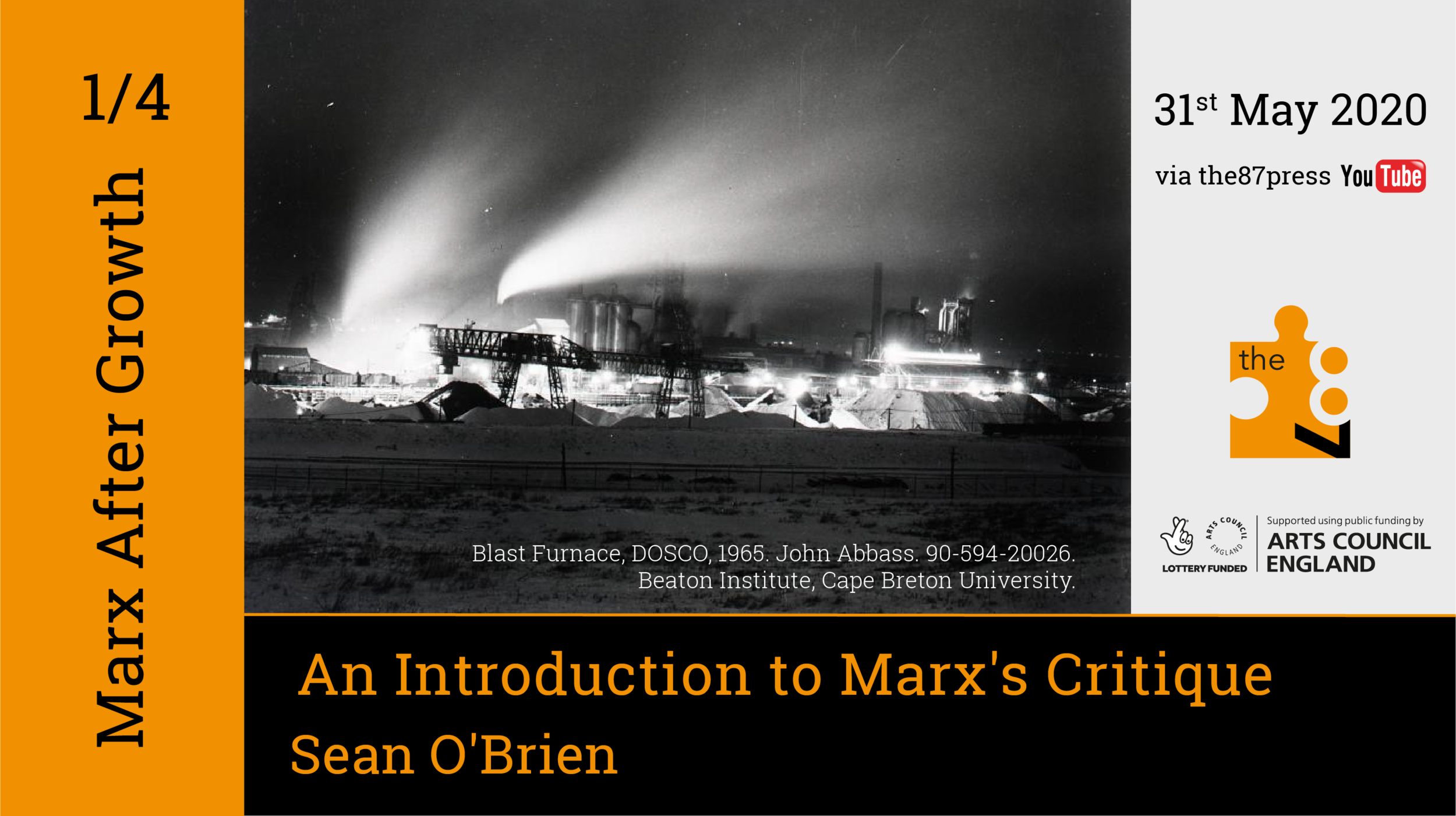
Open Access
Featured Posts
This fourth and final lecture departs from the current “energy impasse” to ask how a contemporary environmental politics might address the obstacles that stand in the way of human and nonhuman flourishing.
A poem written in tribute: ‘I write into your poetry like a seeker watching for the changing nodes of tradition, I’ll be / buried on that horizon, its open sky.’
Alycia Pirmohamed reflects on a workshop held concerning archives with contributions from attendees produced in the session
Essays
A meditation on psychological inheritance and the expanse of memory
Rouzbeh Shadpey’s lyric essay attempts to triangulate thirst, hope, and illness on the page proffering a fragmented meditation on futility and its metaphor: the fountain.
Hadeel Jamal translates two excerpts from Ghassan Kanafani’s “Palestinian Literature of Resistance Under Occupation, 1948-1968” (1968) which provides analysis on the Palestinian artist’s role in resistance and its global dimension. The excerpts shed light on the deep emotional and cognitive solidarity between Palestinians and other oppressed peoples – which is as relevant now as ever.
Hannah Hutchings-Georgiou finds hope, humour, resistance and strength are found in abundance in the Mosaic Rooms' latest exhibition to spotlight four Palestinian artists, In the Shade of the Sun.
An exploration of the role of digression, deferral, unrealised action, and impatience in literature and aesthetic experience, via Flaubert, Shklovsky, Feldman, and Hejinian.
This essay describes some of the early attacks on Marx by right-wing economists. It considers some of the consequences of the rejection of the labour theory of value and the development of an increasingly mathematized economic theory of marginal utility. What are the implications of this shift from a critical theory of the lives of producers to an econometric and nominalist theory of the habits of consumers? What does it mean for poetry?
In this creative critical essay, Hannah Hutchings-Georgiou reflects on the latest work of artist Andy Robert, whose work blurs the line between abstract and figurative, and explores themes of migration, belonging and the concept of the image itself.
Richard Capener reviews Poetic Fragments from the Irritating Archive by Karenjit Sandhu in which the archive disrupts and is disrupted, a non-site enabling embodied intensities
Our editor Kashif Sharma-Patel reviews New Weathers (ed. Anne Waldman and Emma Gomis) a collection of lectures dealing with the ecological crisis, social organisation, transgressive identity and the role of poetics
M. Elijah Sueuga’s latest column piece looks at Hew Locke’s animated parade of figures installed at the Tate Britain, meditating on anticolonialism and the politics of artistic compromise
M. Elijah Sueuga contemplates Tigran Hamasyan's live jazz performance at the Barbican considering the history of jazz, ancestry, and deracination
So Mayer’s review of ‘The Books of Jacob’ looks at how Olga Tokarczuk explores Jacob Frank as a border-dweller; as a Jew who converted to both Islam and Christianity; as a Messiah who numinously embodies the Divine in the material plane; and as a patriarch whose body subversively expresses queer and trans desires.
This essay situates Joe Luna's poem Development Hell both within and outside of the tradition of katabasis, in the process positing a new, 'cacobatic' literary mode
In this long-read, Azad Ashim Sharma explores race, avant-gardism, and methodologies of literary criticism.
An extract from Mira Mattar's astonishing novel 'Yes, I Am A Destroyer' with a response from Kashif Sharma-Patel.
Marie Buck's essay is a reply, critique and contextualisation of Joe Luna's 'Writing for Freedom', published last week on the Hythe.
Joe Luna considers the claims made for and on behalf of poetry by the radical Bay Area press, Commune Editions.
Who is the 'esoteric' Marx? How is his thought distinct from that of traditional Marxism? Drawing on Marx's critique of value, this lecture offers an overview of the esoteric Marx and considers the implications of his critique for theories of domination, abstraction and crisis.
Summer is a time for leisure and to be with friends. In poems, the idea of summer and seasonal change can be a herald of hope for the future. During a global pandemic, what do we do with our hopes? Within all the new and old restrictions, poems can nourish our fantasies, desires, anticipate the world beyond.
In praise of the shoes I walked into the last decade in by Latifa Akay
Part of a continued essay series about notions of tenderness, radical or otherwise, by Andy Spragg.
A poem written in tribute: ‘I write into your poetry like a seeker watching for the changing nodes of tradition, I’ll be / buried on that horizon, its open sky.’
Four poems by Clifton Gachagua formed by collages of (mis)rememberings, full of nostalgia, jubilation, music and heartbreak: "I know I have not learnt anything since my reincarnation, / might as well have been sleepwalking, relying on old memories."
Leo Li presents us with five poems on dichotomies and the possibilities in-between: “Behind us, / the spongiform city where I’d always thought / I belonged mouldered in silent balm.”
These three poems by Remi Graves explores homonyms, (mis)gendered bodies, alienation and disappearance: “a boi walks into a wood— / ouch!”
An intimate reflection on mental health, identity, and the complexities of antidepressant use, expressed through a blend of prose and poetry.
Assemblages is a provision of space; a space for work, a building of memory, inspirations and ideas where one can create art, where one can escape and where one can host a myriad of philosophies
Sometimes the pain, or sadness, is balder than you think. Three new poems from Yĕ Yĕ.
Three poems that argue for literature as a form of political commitment and reflect on the ambivalences of writing from outside the disastrous zone.
Set firmly within contemporary Britain, these four pieces look at the linkage between power, media, and financial institutions, and explore their impact upon displaced people, the impoverished, and the working class. The poems discuss how narratives are controlled, how power is wielded with a view to maintaining the status quo, often at the negation of human life and the health of wider society itself.
Two new poems from Will Harris: words overtaking thought, dripping down the back of my jeans, impeding movement.
Two new poems from Alycia Pirmohamed about how particular bodies take up space in particular landscapes.
This workshop, sponsored by Mosaic Rooms and Makan Rights, explored the relationship between an array of literatures and solidarities, resulting in a collectively written poem.
Poems drawn from an unfinished sequence on hydrocarbons and containment, where the geographical coordinates have been removed.
A selection of poems - sounded-out, with yous, helical - from Tom Betteridge's forthcoming book Dog Shades (JUST NOT, 2023)
These poems, paying notice to un-idyllic trees in urban landscapes, probe at the uneasy but productive identifications between humans and nature made possible by language. The first, about a poplar on Peckham Rye, reinscribes the site of Blake’s vision of Ezekiel in an examination of literary legacy; the second explores perception and the trouble with anthropocentric metaphor through an observation of leaves that linger around streetlights.
'Elsewhere and until' feels through and with climate grief, hatred of golf, the colour pink, e-waste, the Sublime, procrastination, and leisure.
These are extracts from a long unfinished poem about Raipur and its many offerings of postindustrial sublime.
Through Lagnajita Mukhopadhyay's 'Identification', though it may be described as a body being lost at sea—she has reverted into being a “boat”: a carrier floating in the in-between, finally free from earthly bounds and psychological deterrents.
Drifting through the desert of "a real damn shame of a crisis," Ed Luker went to Mexico last April and found a way to push through all the bad feelings
Two meditations on the hysterics (and ironies) of faith by Priyanka Voruganti
These five units by makalani bandele linger in sonic and syntactical experiments utilising musical conversations and algorithmic contingency.
T. Person’s monumental Everscapes began, in 2020, as a collection of automatic writings set in the queue for a club. The queue is a lustrous backdrop for desire, anticipation, loss and memory.
A selection of poems from participants of a workshop held at AP Berlin
‘Digits After Orph’ is gridded atop Rilke's Sonnets to Orpheus, to amplify the contrast, that sequence being one of presence (and other things), this one of absence (and other things), exploring some realities and mindsets and speculating on them.
An eviscerating poem about Imperial Chemical Industries by Dom Hale
‘Antique, gritty, I left England, never to be seen again.’
Bhanu Kapil deploys the broken form or mood of a ghazal to evoke memories of leaving a country, then returning to it (England) after many years.
A series of definitions from Tom Crompton: ‘Undilutable slang truth.’
Poetry
This fourth and final lecture departs from the current “energy impasse” to ask how a contemporary environmental politics might address the obstacles that stand in the way of human and nonhuman flourishing.
Lecture three now moves to confront what is arguably the greatest issue of our age, the product of a carbon-soaked capitalism, and the terrain on which struggles over energy transition play out: climate change. We’ll begin with a critical account of recent theoretical developments on the concept of the ‘Anthropocene’. We’ll then turn to Marxian counterproposals from environmental geographer Jason W. Moore and ecofeminist philosopher Donna J. Haraway, who suggest we might more accurately name this geological period the ‘capitalocene’. Building on these insights, this lecture concludes by asking where our warming world is headed. What will the political and economic consequences be if we fail to reduce rates of carbon emissions sufficiently to keep future heating levels below the critical 2°C threshold?
The second lecture extends our line of inquiry into societal nature relations as it pertains to the problem of energy. At the heart of the relation between capital and climate lies energy. Fossil fuels have been the dominant source of energy powering economic expansion since the industrial revolution. This fossil-fuelled economic development, as we now know for certain, has been responsible for the lion’s share of CO2 emissions in the atmosphere, leading to global warming, rising sea levels, ocean acidification and extreme weather events. This lecture draws on work in the Energy Humanities, a cross-disciplinary field of scholarship that highlights the essential contribution that the insights and methods of the humanities bring to bear on the study of our carbon-fuelled modernity and the vital question of transition to cleaner, more sustainable forms of energy. Turning also to recent work on Marx and the critique of energy, including the After Oil collective on ‘petroculture’,Andreas Malm on ‘fossil capital’, and Timothy Mitchell on ‘carbon democracy’, we will develop a theoretical language for the age of carbon modernity.
This four-part lecture series asks what we can learn from Marx about the climate crisis: its origins, its impacts, and what possible solutions we might seek in the face of increasingly inadequate government efforts to mitigate the escalating devastation worldwide. Developments Marx criticized in early industrial capitalism have had enormous consequences for the planet’s eco-systems, not least in the form of carbon-fuelled climate change. But a century and a half has passed since the early industrial period. What could Marx have to teach us about environmental crisis in the twenty-first century? Was he not a developmentalist and leading proponent of industrial modernization? Did the socialist economies of the twentieth century not pursue a productivist model that churned out CO2 at rates on par with the capitalist world-economy? And what of China, an ostensibly communist country and one of the biggest polluters in the world?
The first lecture returns to Marx to recover his critical theory of nature, or more precisely society-nature relations, since for Marx modernity is distinguished by the social mediation of first nature by a fetishized ‘second nature’. The way we reproduce ourselves under capitalism, always in service to an abstract ‘economy’, limits our ability not simply to see our world for what it really is, but more pressingly to act in an ecologically sustainable way. Drawing on the philosophical critique of the capitalist domination of nature developed by Frankfurt School critical theorists Alfred Schmidt, Theodor Adorno and Max Horkheimer, this opening lecture explains how ‘the dialectic of Enlightenment’ constitutes first nature as an external object subject to ceaseless appropriation, exploitation, and depletion, a critique these figures would eventually extend to Marx himself as an Enlightenment figure and to the actually existing socialist states of the twentieth century. We will then consider subsequent efforts to reclaim Marx for a Marxian ecology, weighing eco-socialist theories of ‘metabolic rift’ against value-theoretical approaches to societal nature relations to develop a rigorous critique of capital-induced planetary degradation.
Final lecture talking about the class relation: what it is, how its reproduced, and how the dynamics of its reproduction have important implications for how we conceive of the production of gender, the ascription of race, and the changing horizons of cycles of struggle.
Who is the 'esoteric' Marx? How is his thought distinct from that of traditional Marxism? Drawing on Marx's critique of value, this lecture offers an overview of the esoteric Marx and considers the implications of his critique for theories of domination, abstraction and crisis.
This first lecture from 'Marx After Growth' offers an overview of Marx's method and the core categories of his critique: from the commodity, labour and value to the general formula for capital, the general law of capitalist accumulation and the reproduction of the class relation.
Lectures
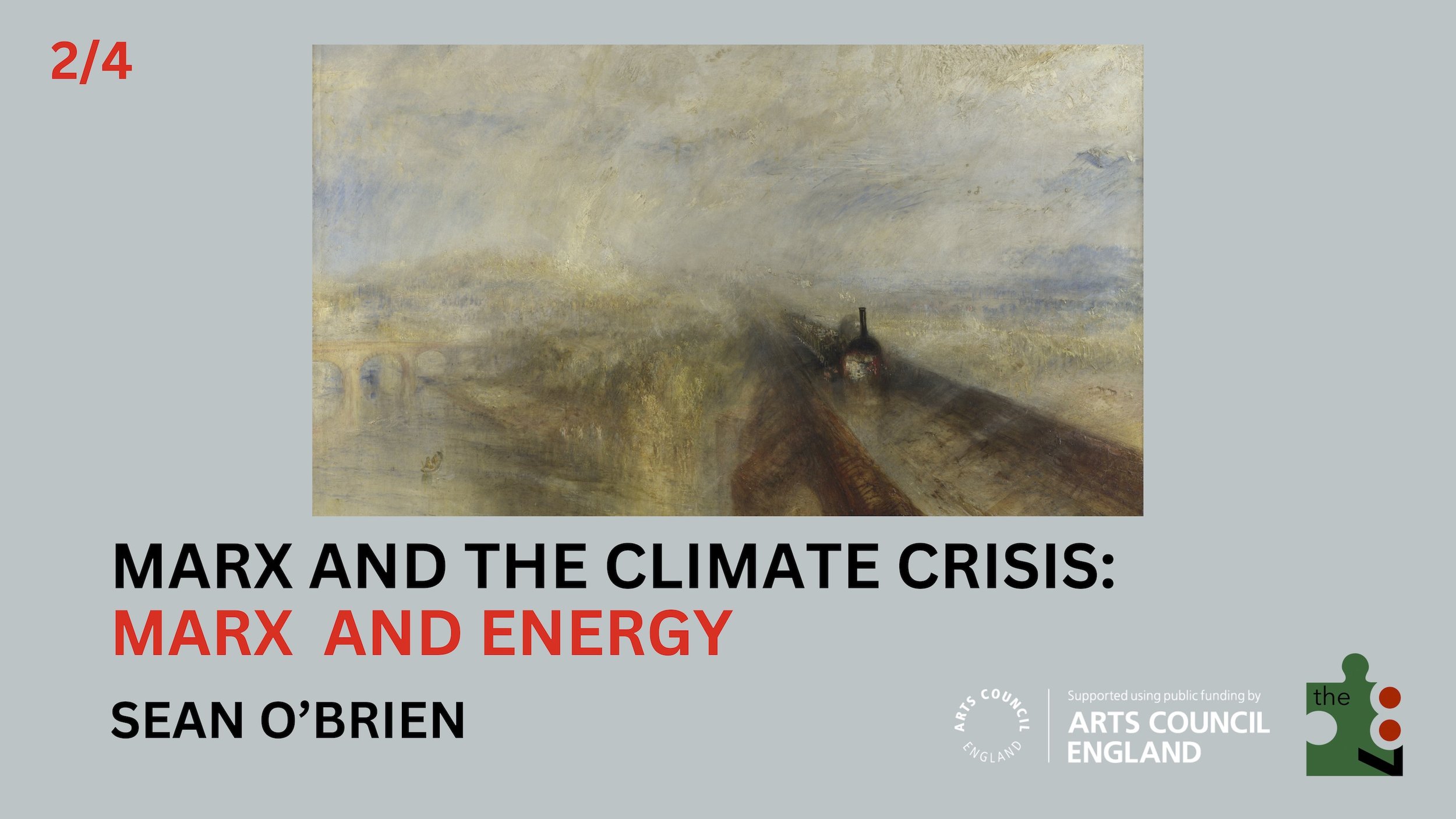
Marx and the Climate Crisis #2: Marx and Energy by Sean O’Brien
The second lecture extends our line of inquiry into societal nature relations as it pertains to the problem of energy. At the heart of the relation between capital and climate lies energy. Fossil fuels have been the dominant source of energy powering economic expansion since the industrial revolution. This fossil-fuelled economic development, as we now know for certain, has been responsible for the lion’s share of CO2 emissions in the atmosphere, leading to global warming, rising sea levels, ocean acidification and extreme weather events. This lecture draws on work in the Energy Humanities, a cross-disciplinary field of scholarship that highlights the essential contribution that the insights and methods of the humanities bring to bear on the study of our carbon-fuelled modernity and the vital question of transition to cleaner, more sustainable forms of energy. Turning also to recent work on Marx and the critique of energy, including the After Oil collective on ‘petroculture’,Andreas Malm on ‘fossil capital’, and Timothy Mitchell on ‘carbon democracy’, we will develop a theoretical language for the age of carbon modernity.

Marx and the Climate Crisis #1: Marx and Nature by Sean O’Brien
This four-part lecture series asks what we can learn from Marx about the climate crisis: its origins, its impacts, and what possible solutions we might seek in the face of increasingly inadequate government efforts to mitigate the escalating devastation worldwide. Developments Marx criticized in early industrial capitalism have had enormous consequences for the planet’s eco-systems, not least in the form of carbon-fuelled climate change. But a century and a half has passed since the early industrial period. What could Marx have to teach us about environmental crisis in the twenty-first century? Was he not a developmentalist and leading proponent of industrial modernization? Did the socialist economies of the twentieth century not pursue a productivist model that churned out CO2 at rates on par with the capitalist world-economy? And what of China, an ostensibly communist country and one of the biggest polluters in the world?
The first lecture returns to Marx to recover his critical theory of nature, or more precisely society-nature relations, since for Marx modernity is distinguished by the social mediation of first nature by a fetishized ‘second nature’. The way we reproduce ourselves under capitalism, always in service to an abstract ‘economy’, limits our ability not simply to see our world for what it really is, but more pressingly to act in an ecologically sustainable way. Drawing on the philosophical critique of the capitalist domination of nature developed by Frankfurt School critical theorists Alfred Schmidt, Theodor Adorno and Max Horkheimer, this opening lecture explains how ‘the dialectic of Enlightenment’ constitutes first nature as an external object subject to ceaseless appropriation, exploitation, and depletion, a critique these figures would eventually extend to Marx himself as an Enlightenment figure and to the actually existing socialist states of the twentieth century. We will then consider subsequent efforts to reclaim Marx for a Marxian ecology, weighing eco-socialist theories of ‘metabolic rift’ against value-theoretical approaches to societal nature relations to develop a rigorous critique of capital-induced planetary degradation.


![[Digital Poetics 4.26] Live Air (For Peter Gizzi) by Azad Ashim Sharma](https://images.squarespace-cdn.com/content/v1/60b0ee09a72f8a7509b6d6d4/1739277084288-99URXQPAAB05OEQP1QWK/1+%283%29.png)
![[Digital Poetics 4.25] Rote Learning by Abeera Khan](https://images.squarespace-cdn.com/content/v1/60b0ee09a72f8a7509b6d6d4/1737984558136-8DUAP7DDBY2L1K9G53XB/chath.jpeg)

![[Digital Poetics 4.19] Fountains and Futility by Rouzbeh Shadpey](https://images.squarespace-cdn.com/content/v1/60b0ee09a72f8a7509b6d6d4/1719564769067-3C104SZDDAFTEGTS0GFA/Hafiz_Jamaluddin_Mosque_-_Ablution_Pool_%281%29.jpg)
![[Digital Poetics 4.12] Excerpts from “Palestinian Literature of Resistance Under Occupation, 1948-1968” by Ghassan Kanafani (trans. Hadeel Jamal)](https://images.squarespace-cdn.com/content/v1/60b0ee09a72f8a7509b6d6d4/1707740883386-PW0MIZNUJM55SLWBWUQY/download.jpeg)
![[Digital Poetics 4.10] In the Shade of the Sun at The Mosaic Rooms by Hannah Hutchings-Georgiou](https://images.squarespace-cdn.com/content/v1/60b0ee09a72f8a7509b6d6d4/1700482785403-RHH85715JG5RUTNJJTC1/Tomorrow%2C+again%2C+Mona+Benyamin%2C+2023%2C+Installation+view+at+The+Mosaic+Rooms.+Photograph+by+Andy+Stagg%2C+courtesy+of+The+Mosaic+Rooms.jpg)
![[Digital Poetics 4.4] The Longest Possible Route by Andrew Key](https://images.squarespace-cdn.com/content/v1/60b0ee09a72f8a7509b6d6d4/1685015440989-UKBVZFM4TOC84DSJ1IB4/BE6AD5B7-170C-4079-9007-DC0318F8B1D4.jpeg)
![[Digital Poetics 4.2] Ophélimité: a specimen of emptiness by Keston Sutherland](https://images.squarespace-cdn.com/content/v1/60b0ee09a72f8a7509b6d6d4/1682940620273-2HM1J80CPSRELXR5LC2P/IMG_5935+%281%29.JPG)


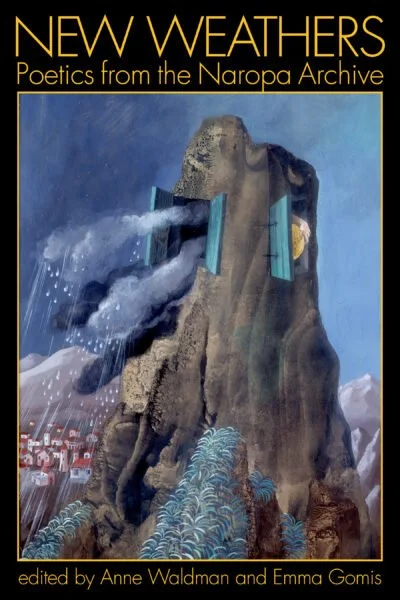



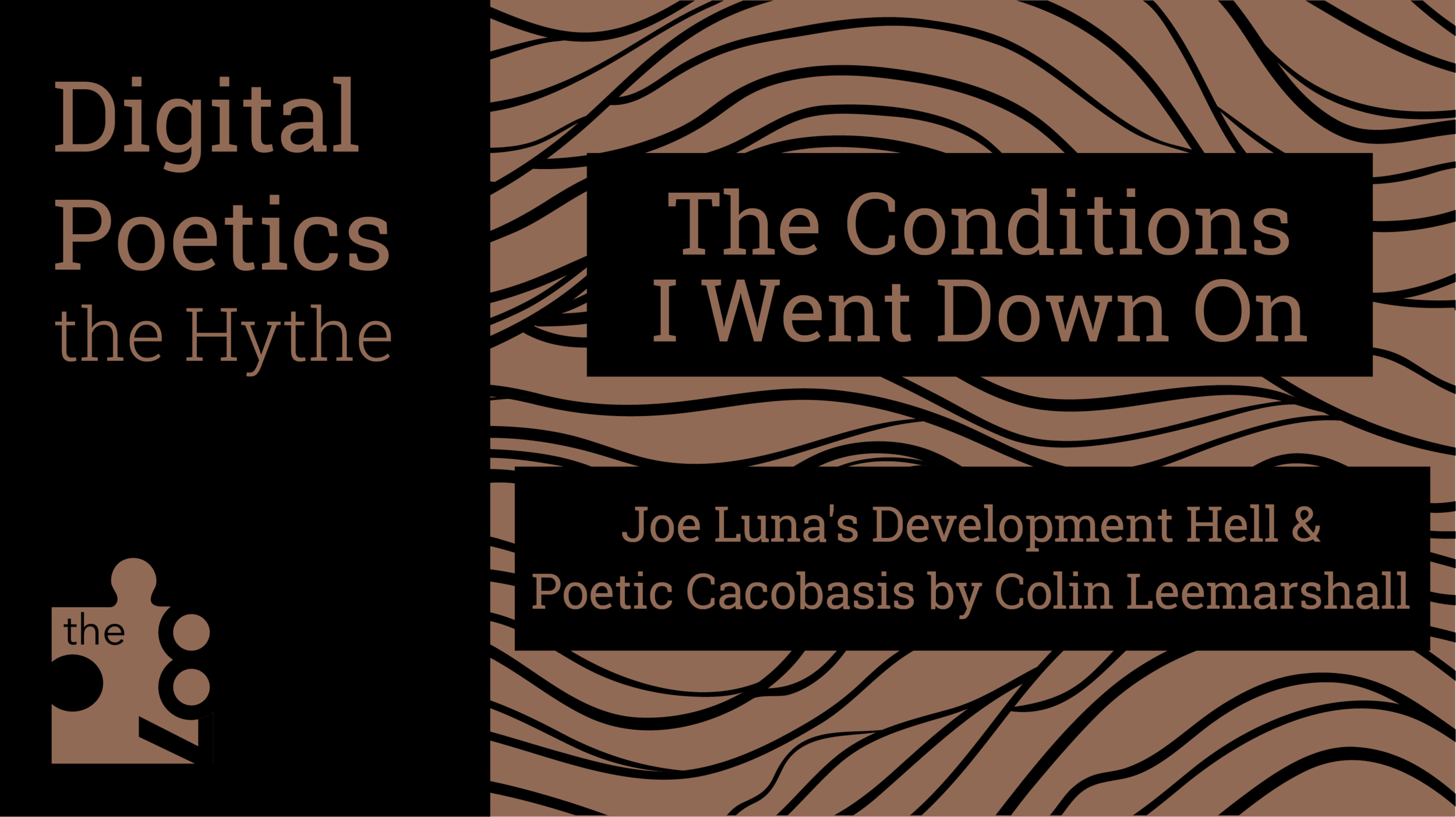




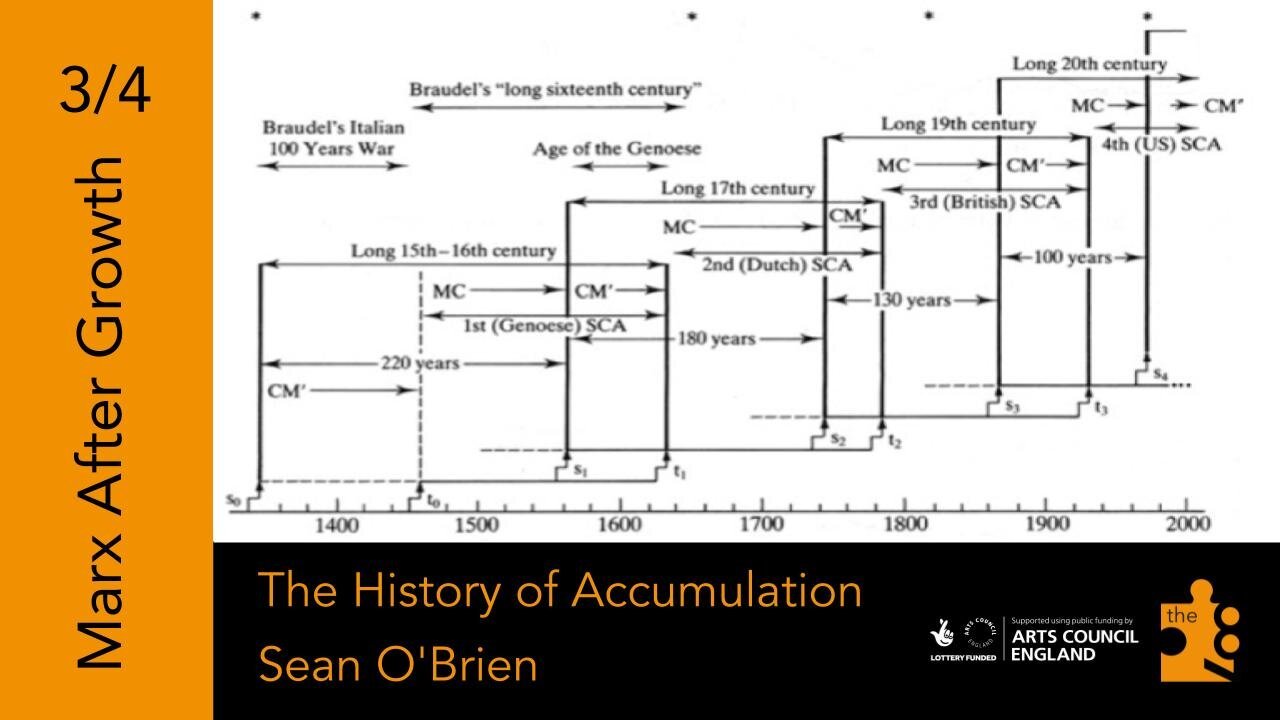
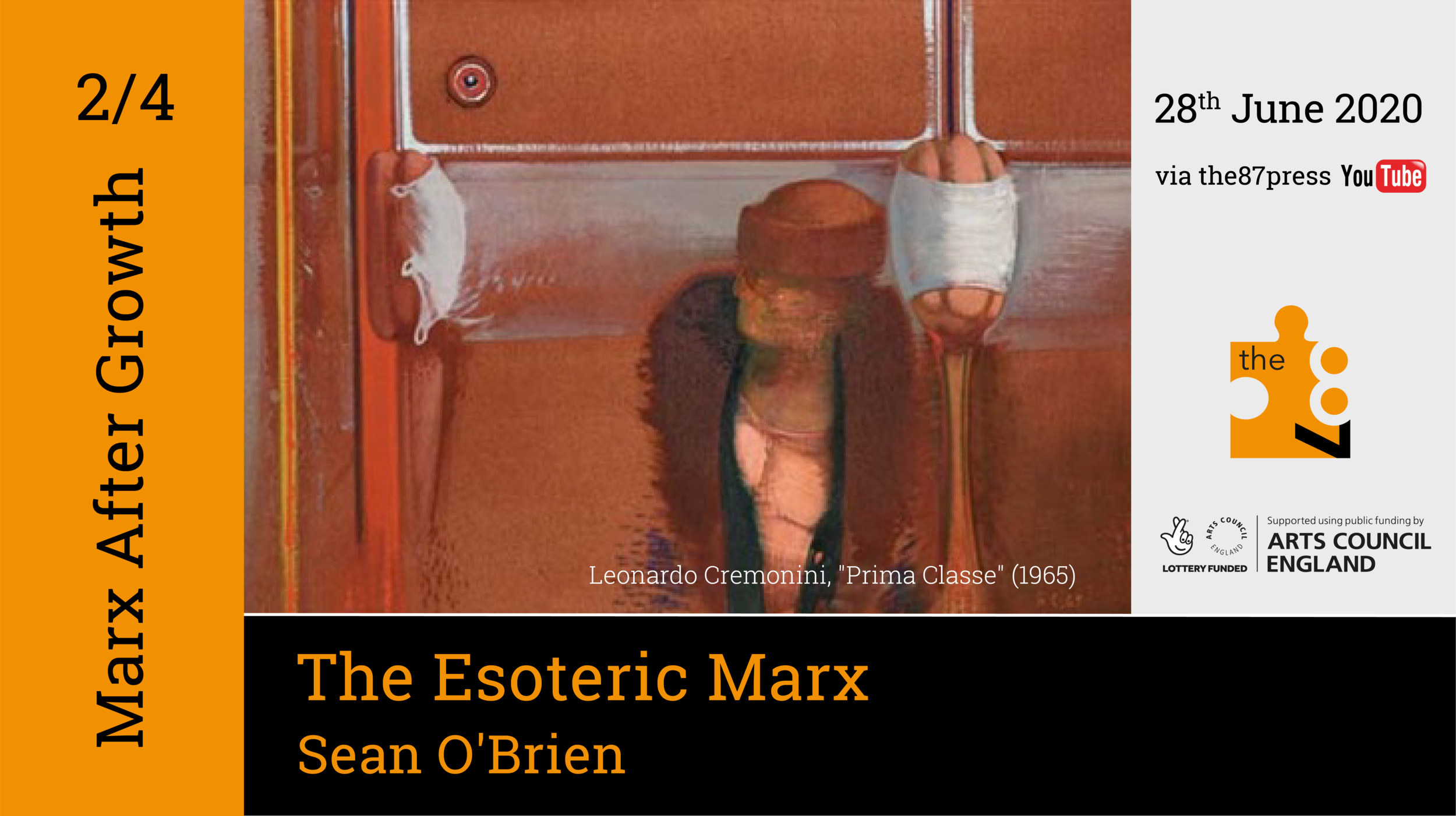




![[Digital Poetics 4.23] Four Poems by Clifton Gachagua](https://images.squarespace-cdn.com/content/v1/60b0ee09a72f8a7509b6d6d4/1726836284215-VVGA6J3UCJZ5IAN7WGDT/I+-+copy.jpg)
![[Digital Poetics 4.21] Five Poems by Leo Li](https://images.squarespace-cdn.com/content/v1/60b0ee09a72f8a7509b6d6d4/1722843711749-W9XIV0NYE8O781AT3GI6/IMG_2982.jpeg)
![[Digital Poetics 4.20] Three Poems by Remi Graves](https://images.squarespace-cdn.com/content/v1/60b0ee09a72f8a7509b6d6d4/1720697441002-LF28I20Z7BCDH5NS4R2M/87+Press+Image.jpg)
![[Digital Poetics 4.18] Antidepressants by Aliaskar Abarkas](https://images.squarespace-cdn.com/content/v1/60b0ee09a72f8a7509b6d6d4/1716474597773-EMB5571T42BG5KRRBI2K/default-3.jpg)
![[Digital Poetics 4.16] Assemblages by Labeja Kodua Okullu](https://images.squarespace-cdn.com/content/v1/60b0ee09a72f8a7509b6d6d4/1712589539305-5JBU58ZOQ71MCJXGSRC7/IMG-20240202-WA0001+%281%29.jpg)
![[Digital Poetics 4.15] Three Poems by Yě Yě](https://images.squarespace-cdn.com/content/v1/60b0ee09a72f8a7509b6d6d4/1708955891070-TPGXOIW83W5ZF4ECBCS9/Photography+by+Ye%CC%86+Ye%CC%86.jpeg)
![[Digital Poetics 4.13] Three Poems by Lola Olufemi](https://images.squarespace-cdn.com/content/v1/60b0ee09a72f8a7509b6d6d4/1708372739502-1JAG3F47PK2S38UYG4MQ/1.png)
![[Digital Poetics 4.9] Four Poems by Stuart McPherson](https://images.squarespace-cdn.com/content/v1/60b0ee09a72f8a7509b6d6d4/1697541327806-LH9E4C4QM4BMCTTLGC79/%27Red+Meat+Issue%27+by+Stu+McPherson.jpg)
![[Digital Poetics 4.8] Chopped Tomatoes and Family Scenario by Will Harris](https://images.squarespace-cdn.com/content/v1/60b0ee09a72f8a7509b6d6d4/1695904057575-CNNO822RO5S4QJK9D45B/20220122_121801.jpg)
![[Digital Poetics 4.6] Two Poems by Alycia Pirmohamed](https://images.squarespace-cdn.com/content/v1/60b0ee09a72f8a7509b6d6d4/1692096819547-EU0PRYE6REEXO7870D9U/water+19x15.5.jpg)
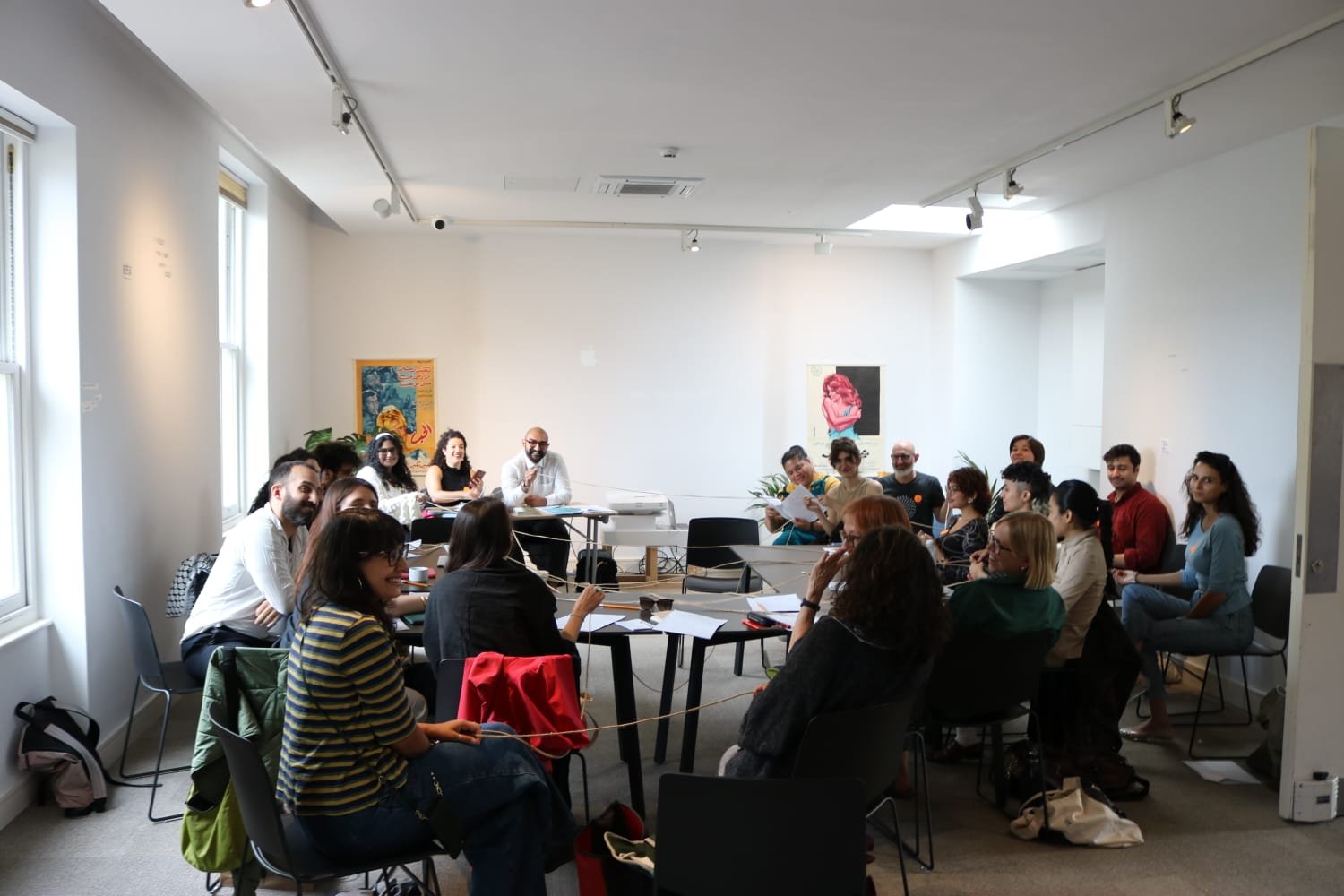
![[Digital Poetics 4.5] on hydrocarbons and containment by Mau Baiocco](https://images.squarespace-cdn.com/content/v1/60b0ee09a72f8a7509b6d6d4/1687173496064-46GQIFPXGHZRKRBH3EFO/residencias-oasis-ii-y-iii%7E2.jpg)
![[Digital Poetics 4.3] Three Poems by Tom Betteridge](https://images.squarespace-cdn.com/content/v1/60b0ee09a72f8a7509b6d6d4/1683540004235-8GEXAPDGG0VIZ4LPTC96/IMG_20220831_163546625_HDR.jpg)
![[Digital Poetics 4.1] Two Poems by Shani Cadwallender](https://images.squarespace-cdn.com/content/v1/60b0ee09a72f8a7509b6d6d4/1682331988647-YJNS5IKJSOFGELVV3DL6/unnamed+%283%29.jpg)











